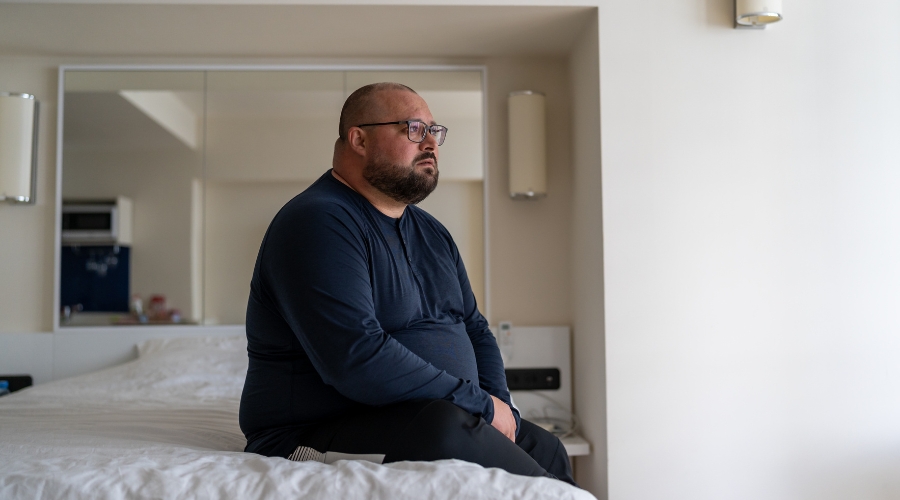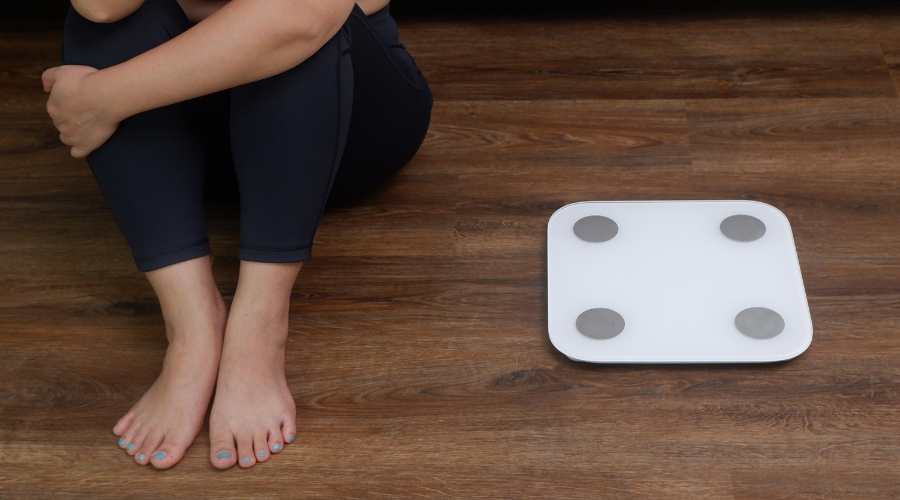They say silence is strength. But for many men who undergo bariatric surgery, silence becomes something else entirely, it becomes a burden, A habit, a survival tool that no longer fits once the weight comes off, and the emotions start rising to the surface. Emotional suppression is something most men don’t even recognize until they’re on the other side of a major life shift. It’s taught early and reinforced constantly: Don’t cry. Be strong. Keep it together. But what happens when the body changes rapidly, the world offers applause, and the emotional weight is still there, quiet, heavy, and unseen?
The Post-Op Mental Health Gap
In conversations I’ve had with men in the bariatric community, a clear pattern emerges: they were prepared for the protein shakes, the portion sizes, and the new routines. But no one prepared them for the emotional unraveling. These aren’t isolated stories. These are men who’ve shared things like:
- “I feel like I lost my armor.”
- “I’m finally visible, but I feel more alone than ever.”
- “I didn’t know how much of my identity was wrapped up in my weight until it was gone.”
Bariatric surgery removes a physical barrier, but it also exposes the emotional scaffolding many men have used to survive. Food wasn’t just sustenance; it was a shield, a buffer, a way to manage trauma, stress, or even avoid intimacy. When that’s taken away, what’s left can feel unfamiliar and overwhelming.
Behind the Smile: What the Data Says and What It Really Means
It’s one thing to share powerful stories from men who have undergone bariatric surgery. But when we zoom out and look at the broader patterns, the message becomes even more urgent: men’s mental health is in crisis, and that crisis often hides behind physical success.
Suicide Risk After Bariatric Surgery Is Significantly Higher for Men
A study published in JAMA Psychiatry revealed that men who undergo bariatric surgery have a suicide rate of 35.1 per 100,000 patient-years, a number significantly higher than the general population.
What this tells us: This isn’t just a statistic, it’s a warning sign. The assumption that physical transformation automatically leads to emotional wellness is flawed and, in some cases, fatal. The silence men often have to carry around their struggles becomes even more dangerous when paired with rapid physical change and the societal expectation that they should be “better now.”
Observation: After surgery, men are often celebrated for their “success,” yet many feel emotionally lost. And in the absence of emotional support, depression can fester quietly, unnoticed by even their closest loved ones.
Post-Op Mental Health Services Are Common- But Often Come Too Late According to the same study, patients (men included) were significantly more likely to use outpatient, emergency, and inpatient mental health services post-surgery.
What this tells us: The emotional impact of surgery isn’t a side effect- it’s a predictable outcome that many aren’t prepared for. This spike in mental health service use suggests that issues often emerge or intensify after the “honeymoon” phase of weight loss ends.
Observation: What if we flipped the script and treated mental health care not as a backup plan, but as a built-in part of bariatric recovery, just like vitamins or check-ins with your surgeon?
Weight Loss Doesn’t Just Change Your Body- It Can Disrupt Your Identity Significant physical change often triggers a mental and emotional identity shift. Studies and behavioral research suggest that men may experience anxiety, disconnection, and confusion about their roles and relationships following dramatic weight loss.
What this tells us: Bariatric surgery doesn’t just reduce your stomach; it alters how you’re seen, how you see yourself, and how you relate to the world. That psychological recalibration can be deeply unsettling for men who were never taught to process or voice these shifts.
Observation: For many men, their larger body was a shield socially, emotionally, and even sexually. When that shield is removed, the rawness of being seen (and judged) can trigger deep emotional reactions. And most are not equipped with the tools to navigate that.
Why This Matters More Than Ever
We’re not just talking about “emotional adjustment.” We’re talking about life-threatening mental health risks that too often go unnoticed because men are taught to power through, keep quiet, and “just be grateful” for the results.
The data reveals what lived experiences already show us:
- Emotional suppression is normalized in men.
- Mental health services are often reactionary, not proactive.
- The pressure to perform happiness after weight loss can become isolating.
The Bottom line
If we want men to truly thrive after bariatric surgery, we have to stop treating emotional healing as optional. It’s not a luxury, it’s life-saving. The most powerful part of a man’s transformation after bariatric surgery isn’t always what changes in the mirror. It’s what changes when he realizes he doesn’t have to carry everything alone.
To the men silently navigating this path: You are not broken. You are becoming, and your voice, your story, is part of what helps this community heal.
A heartfelt thank you to the men from Bari Male Experience for sharing their honest reflections and lived experiences. Their insights helped inform and shape this conversation with depth, truth, and compassion.
Author: Charlene Holmes, BSC Expert Contributor & Certified Trauma-Informed Life Coach
References
Bhatti, J. A., et al. (2016). Incidence and Determinants of Mental Health Service Use After Bariatric Surgery. JAMA Psychiatry, 73(3), 261-267.
https://jamanetwork.com/journals/jamapsychiatry/fullarticle/2481004
Bhatti, J. A., et al. (2019). Suicide Rates Following Bariatric Surgery. JAMA Psychiatry. https://jamanetwork.com/journals/jamapsychiatry/fullarticle/2751532
Centers for Disease Control and Prevention (CDC). (2023). Suicide Data and Statistics. https://www.cdc.gov/suicide/facts/data.html
National Center for Biotechnology Information (NCBI). (2022). Psychosocial Risks Following Bariatric Surgery. https://pmc.ncbi.nlm.nih.gov/articles/PMC9249077/











